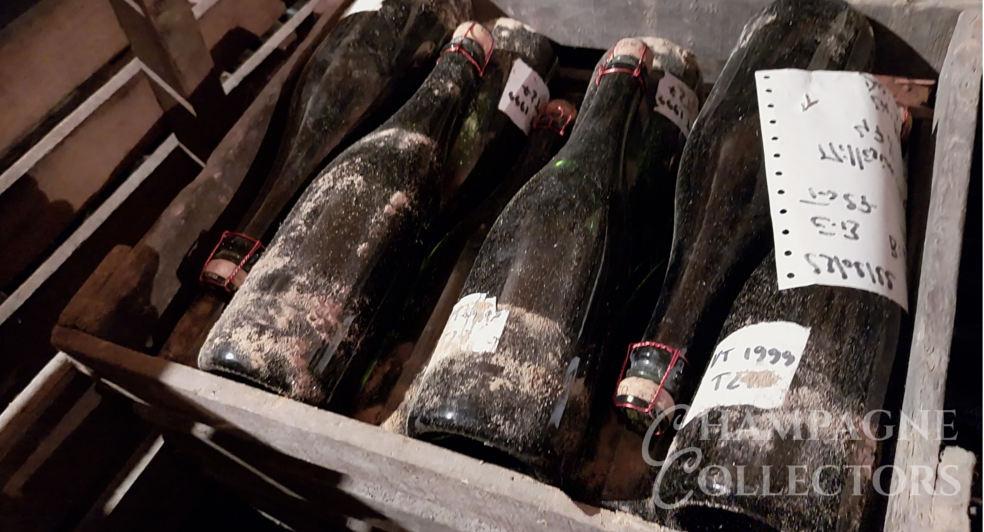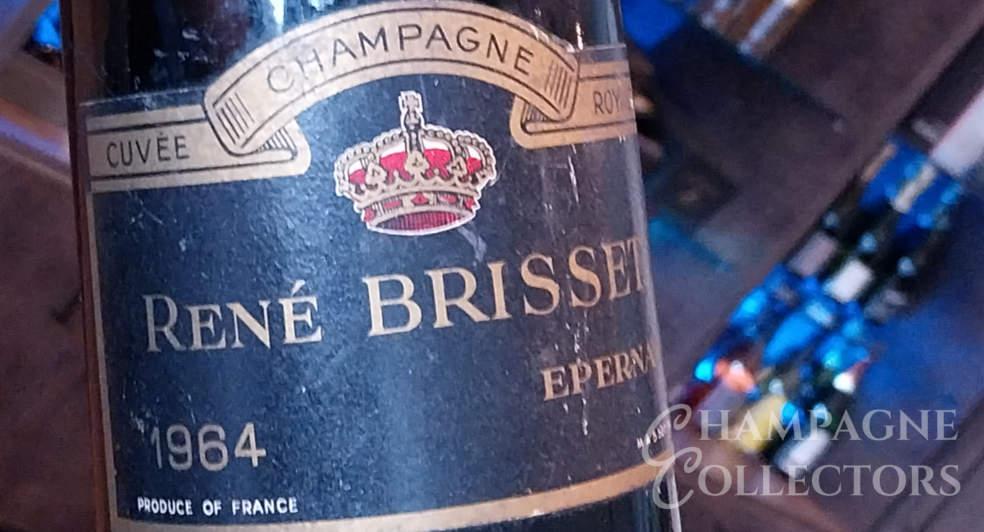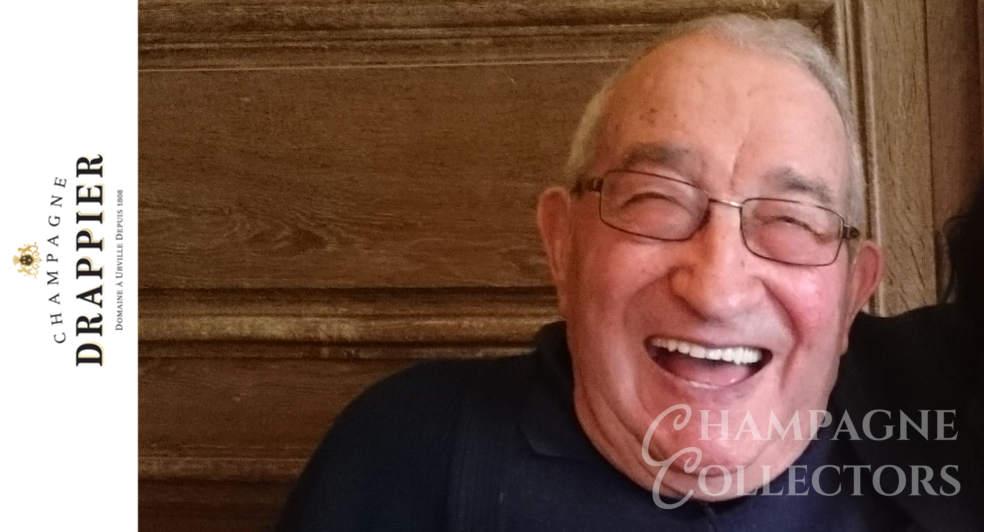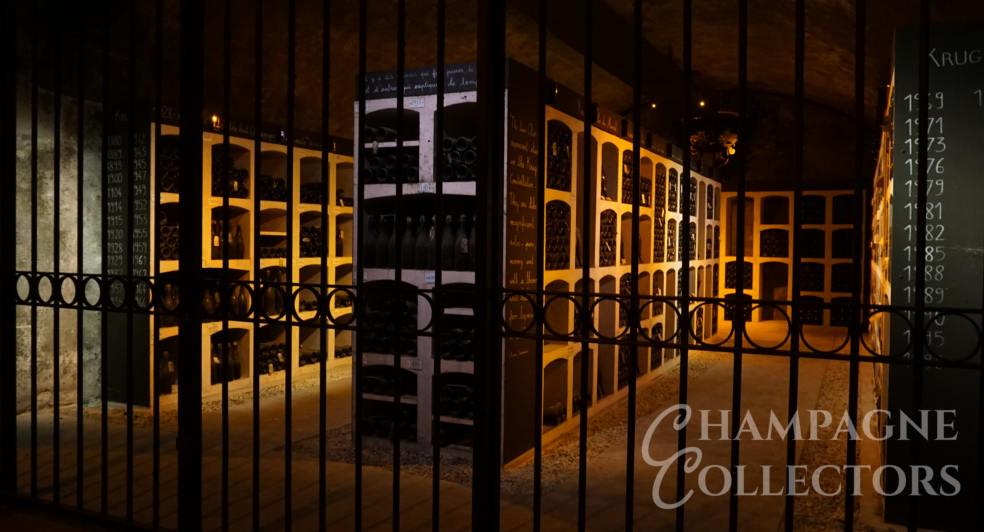It will be down to personal choice, but most times senior wine professionals will say yes, Champagne will improve with age. Depending on your preferences in aromas and flavours, Champagne can offer many styles so that you can explore fresh floral and fruity characters to those with toasty and nutty expressed.
The big portion of Champagne that is produced is non-vintage (NV) and is to cater for a market who wish to enjoy young and fresh characters, it comes onto the market to be opened and drunk now. Depending on the style you purchase and the sugar levels, non-vintage Champagne will usually hold the following characteristics:
Medium plus acidity levels
Floral
Fresh Fruits including apples, peach, apricot
Citrus
Saline / wet stone
Fresh bread / croissant
There are also Champagnes that are produced and released after many years of resting in the cellars so to develop complex and deeper flavours due to longer contact with the yeast (lees) in the bottle before disgorging. These wines will usually be the superior / prestige labels, multi-vintage blends and vintages or a winery who prefers longer lees aging for even their standard NV bottles. Depending on the style you purchase and the sugar levels, longer aged Champagne will usually hold the following characteristics:
Medium to lower acidity
Dried stone fruits
Bread / biscuits / croissant / toast
Nuts
Caramel / honey
Coffee
Savoury
Mushroom
The above flavours styles are sometimes referred to as umami and there are many wine lovers who prefer this style for Champagne. These longer aged examples are usually much more expensive than less aged bottles and mostly reserved for a winery's best labels, their Grand Cru releases and certainly for their vintages when one is declared.
The question, which is somewhat devoid of any one true answer, is if Champagne improves with age. If prices are a deciding factor, then the answer would be yes to age improving Champagnes as most of the globally famous labels such as Dom Perignon, Krug and Cristal all release their finest labels with longer aging. If you are wishing to explore the freshness of Champagne and the fruit flavour characters of the grapes harvested, then aging will lessen your experience so we could say that no, age does not improve Champagne and in fact it loses it personality.
All Champagne is aged on lees for a minimum period by law and in the original cellars. There after it is released upon when the cellar master / winemaker decides is the best time to enjoy the optimum performance of its flavours and aromas. This could be after 15 months or over 25 years. Some Champagne is released, and though it can be enjoyed now, you are also recommended to keep the wine professionally stored (bottle / on cork aging) in order to enjoy during a future optimum drinking window. Lastly, there are 100,000's of bottles globally that have been stored / collected / found that have had many years in the bottles and these are also highly desirable Champagnes. Find rare and vinatge Champagnes on Champagne Collectors!



